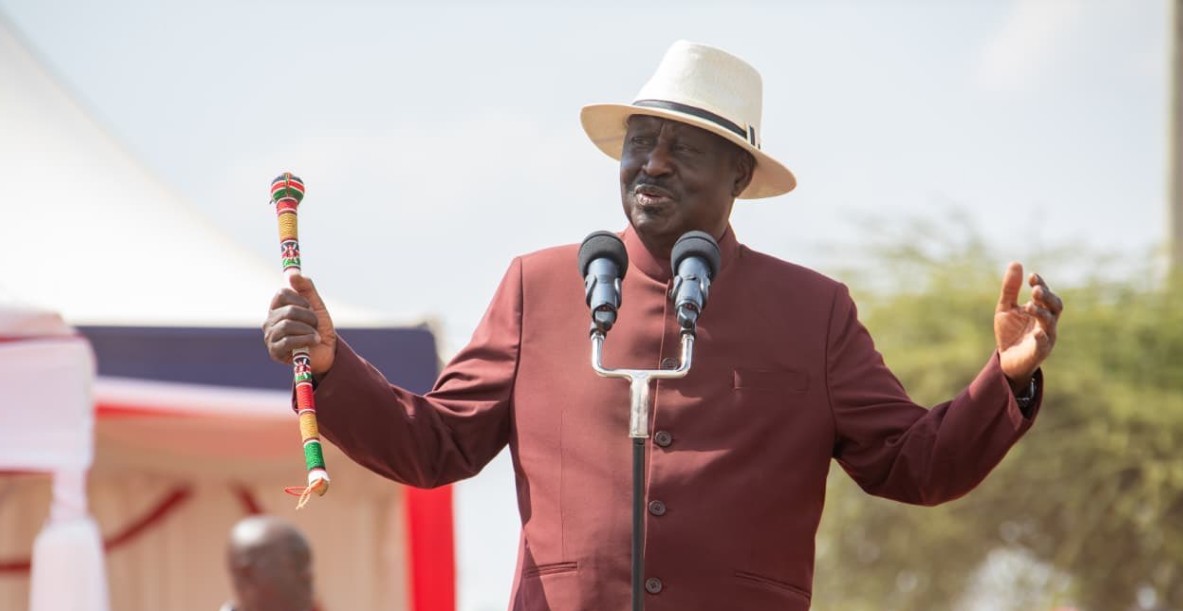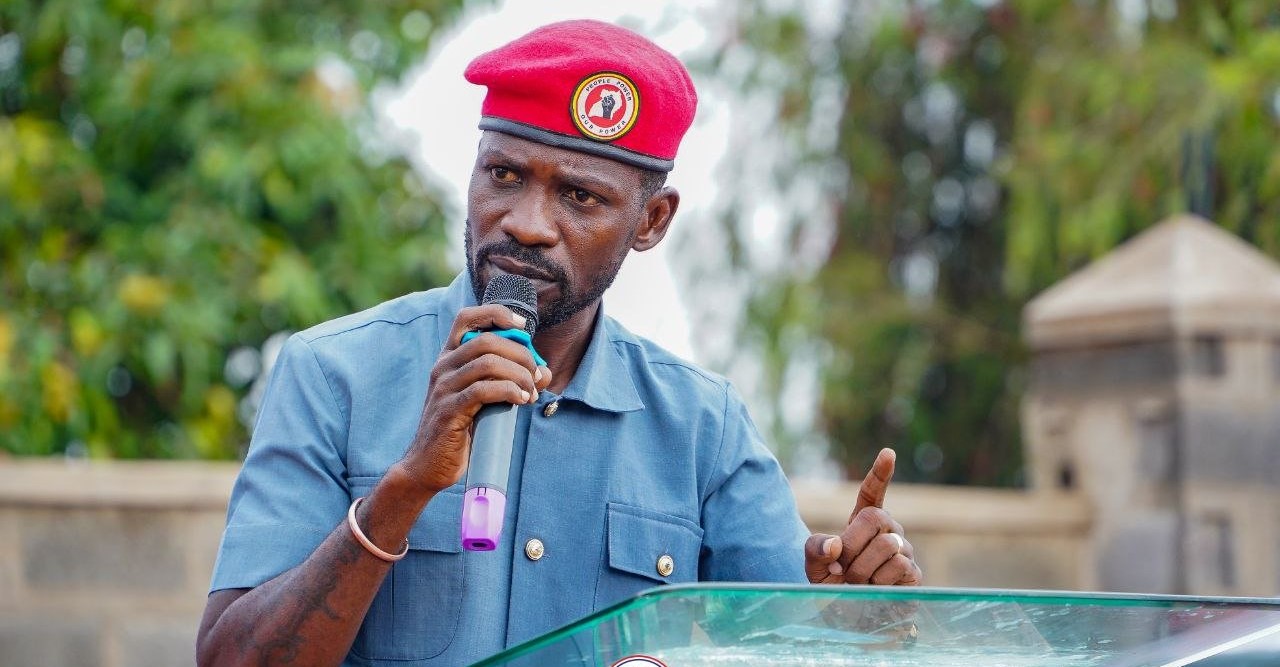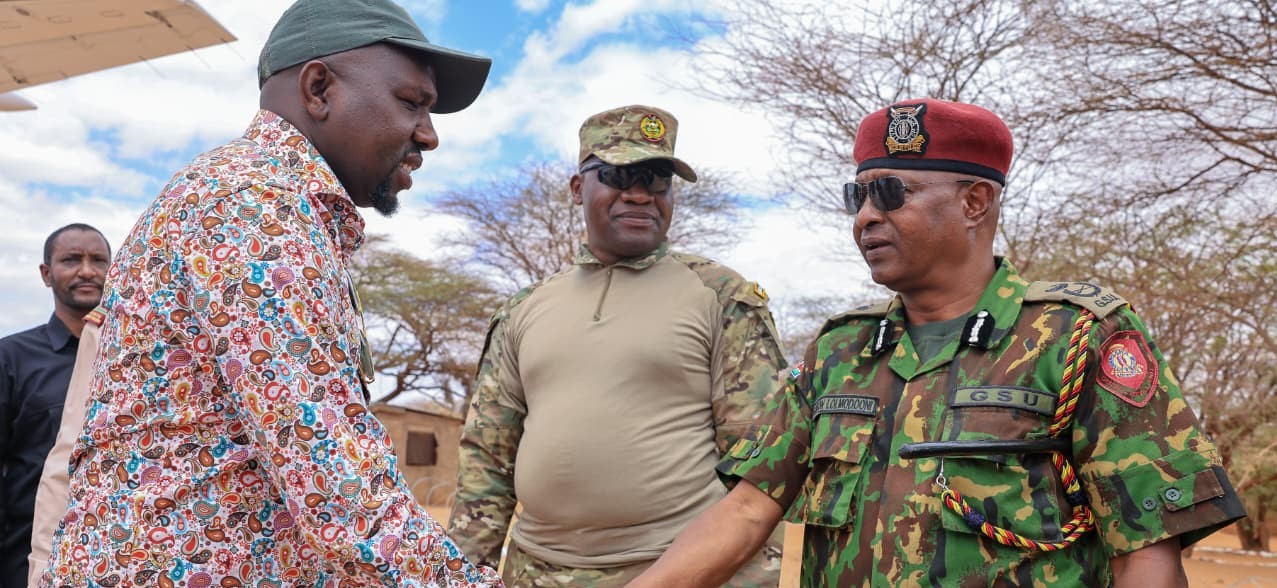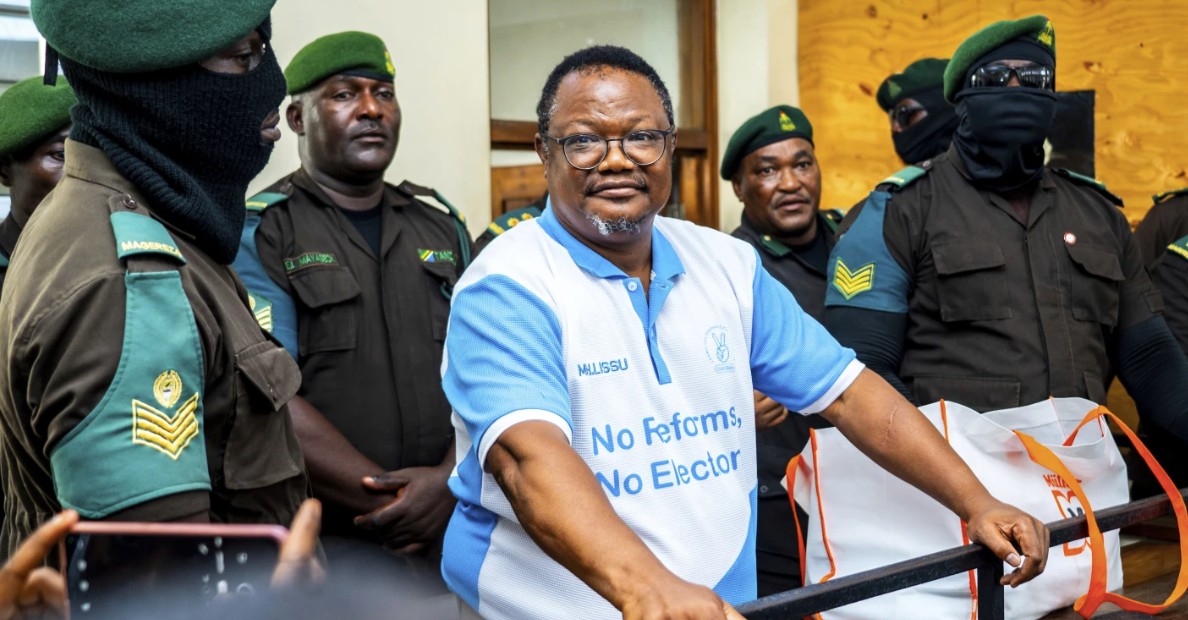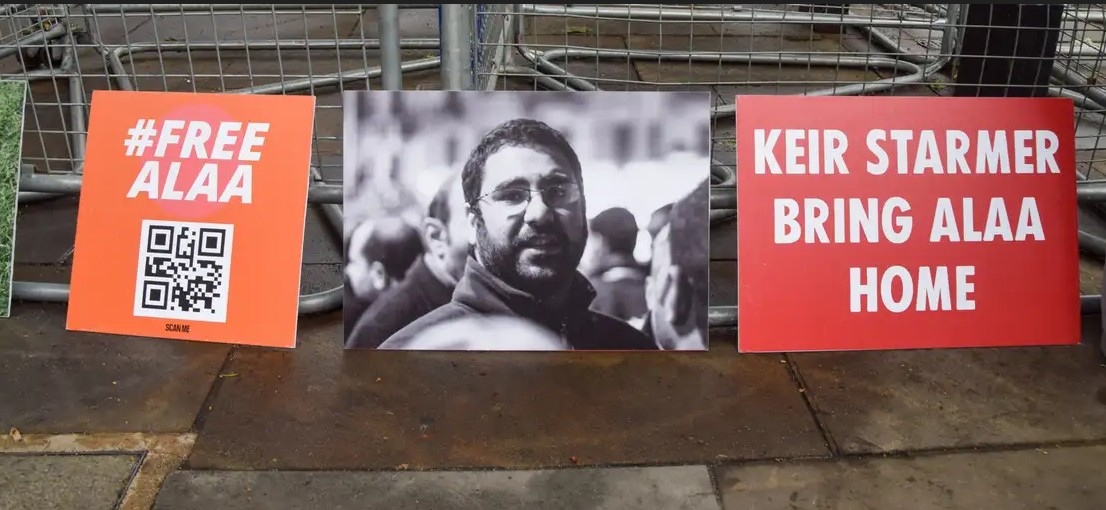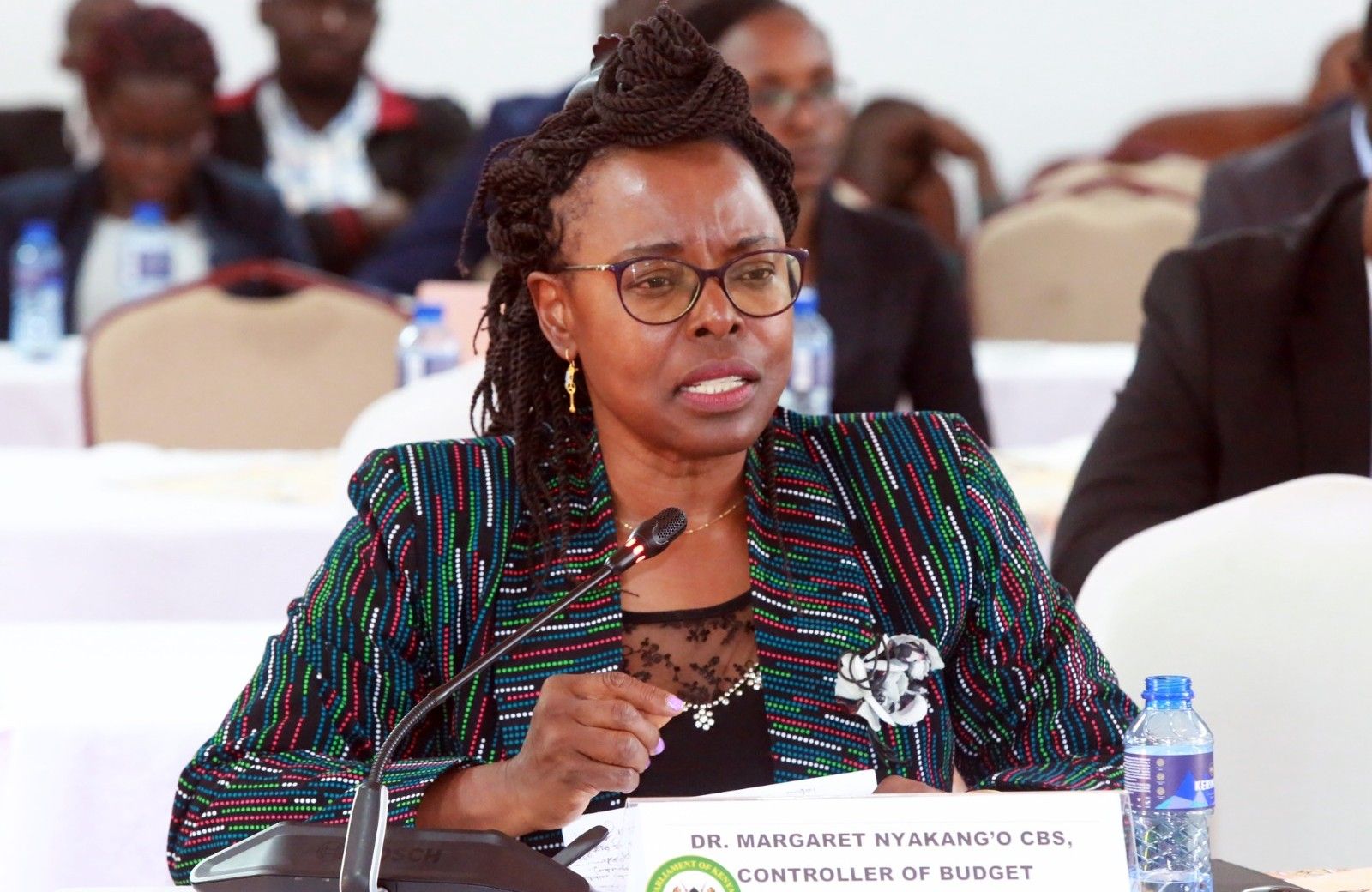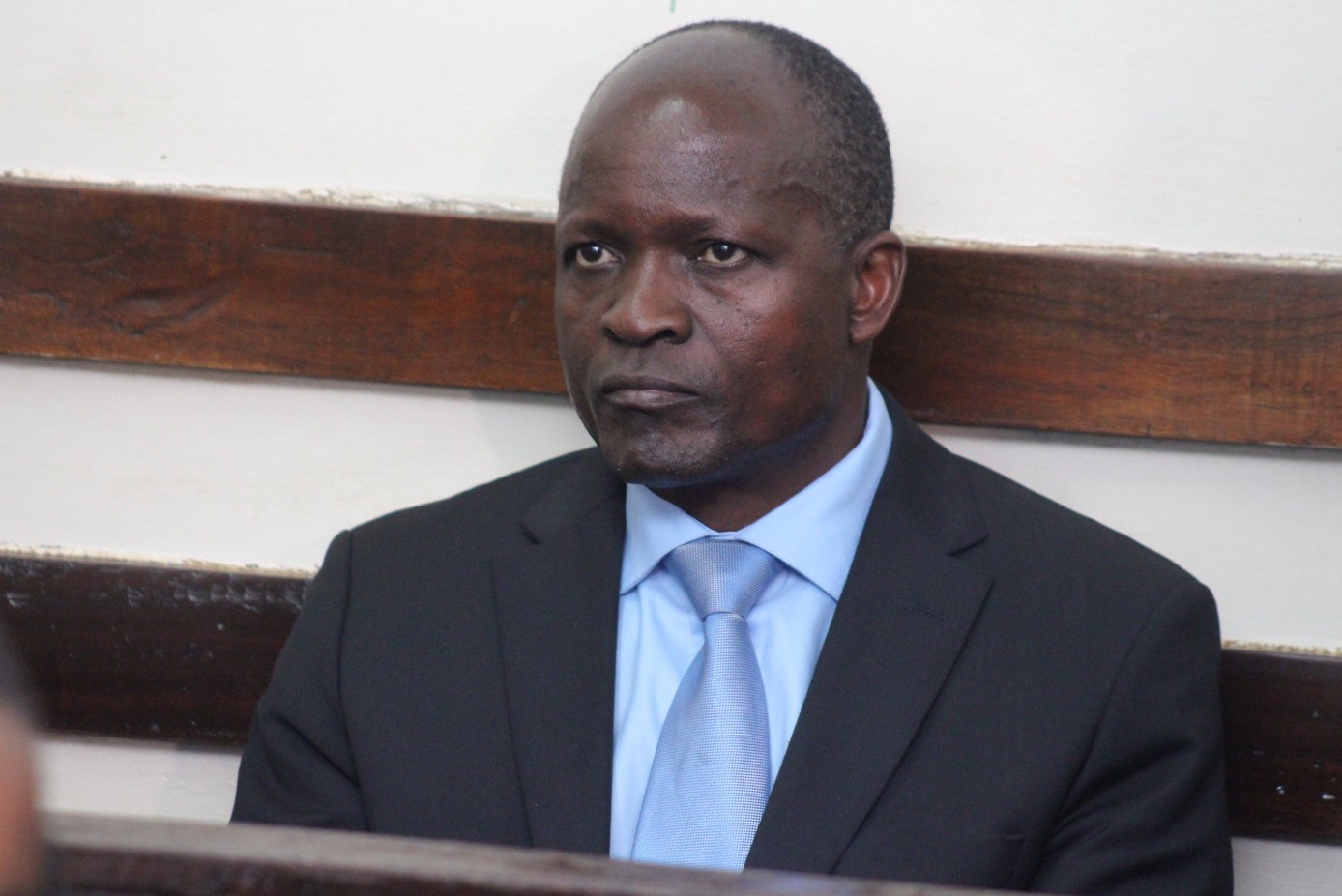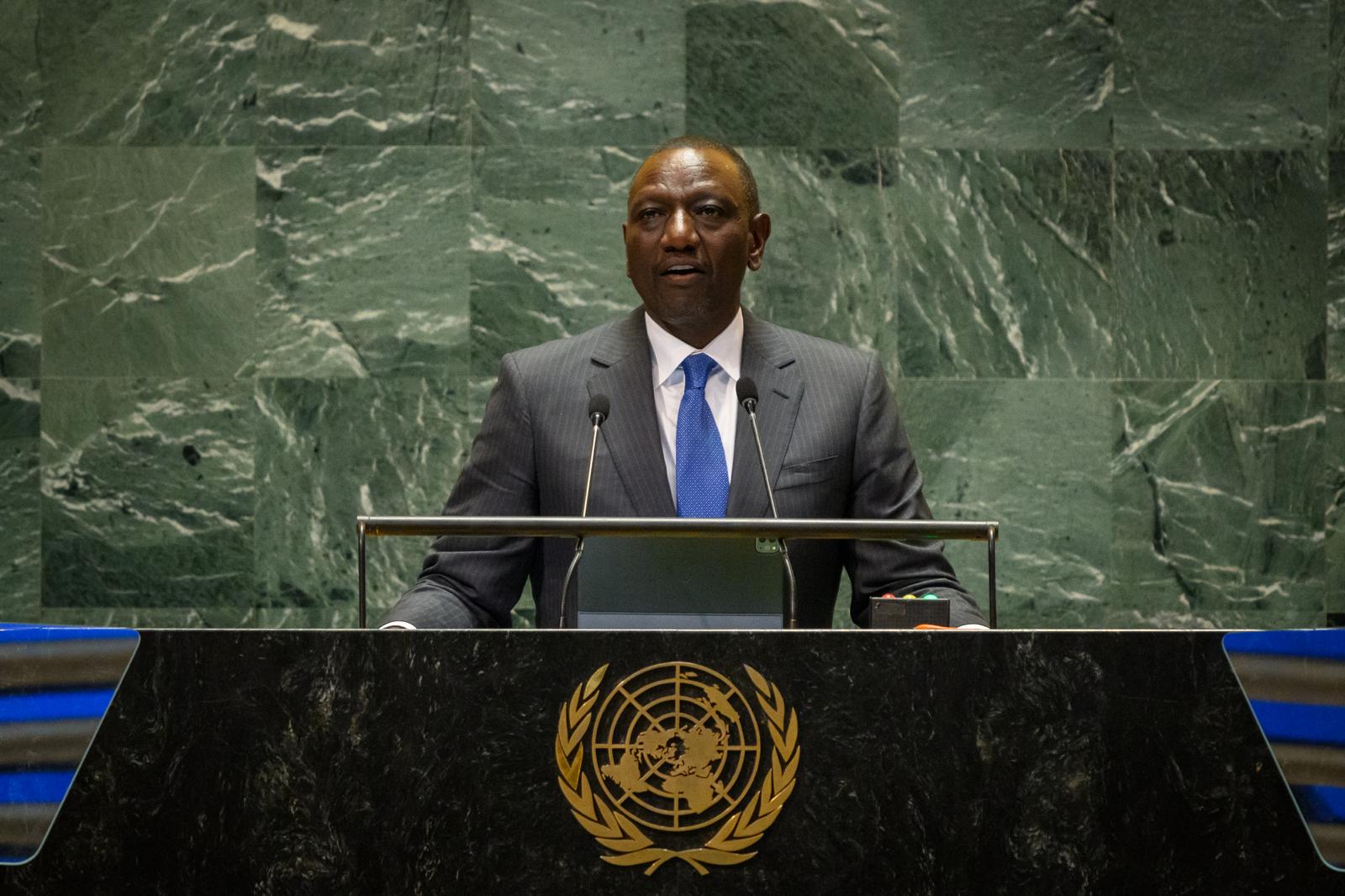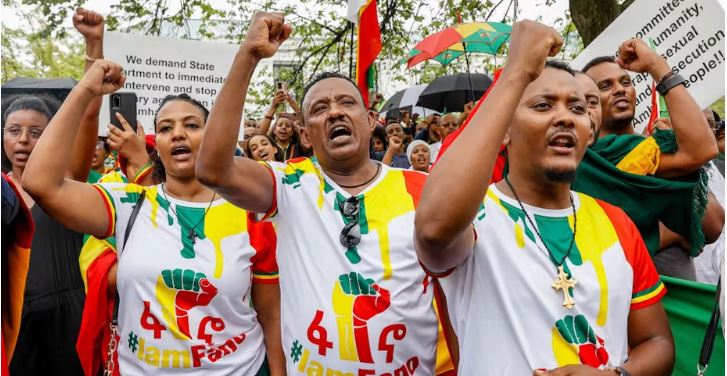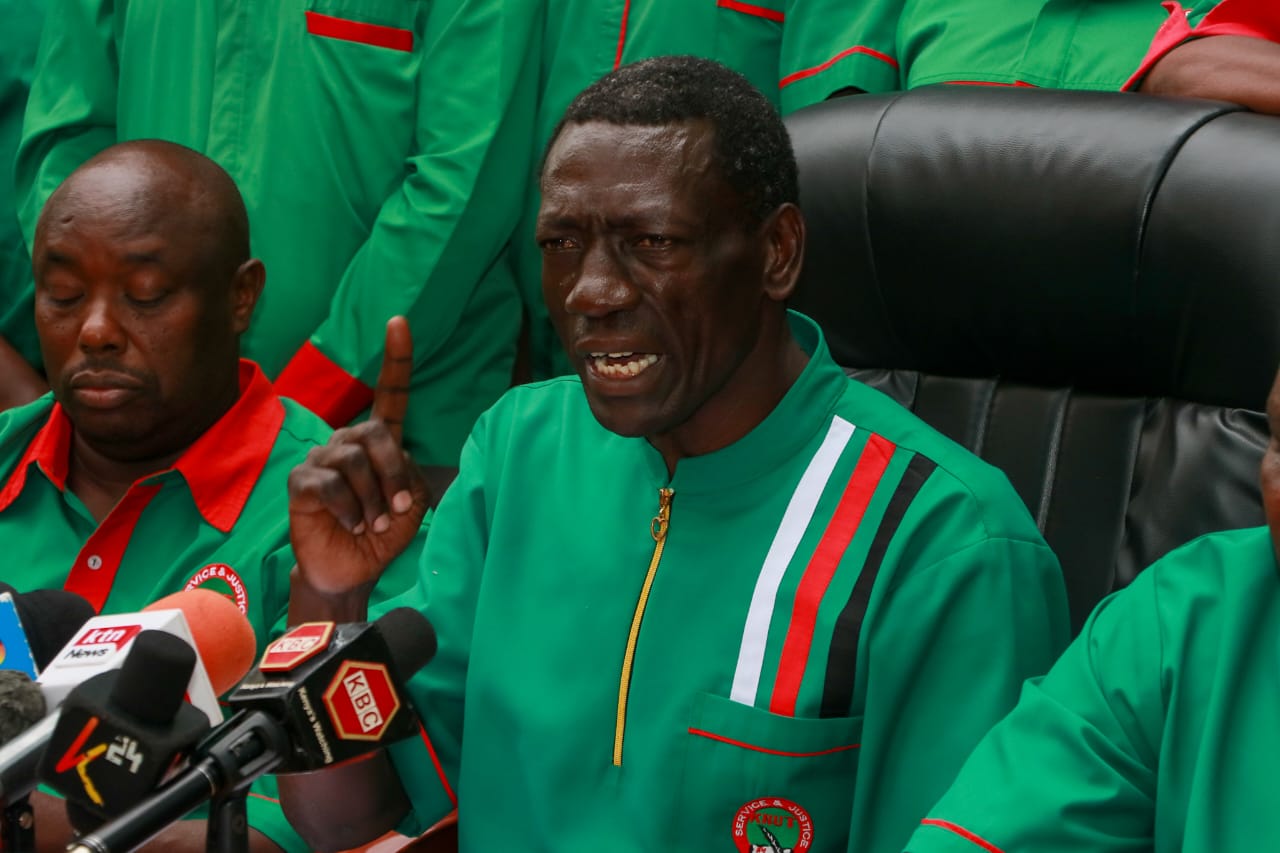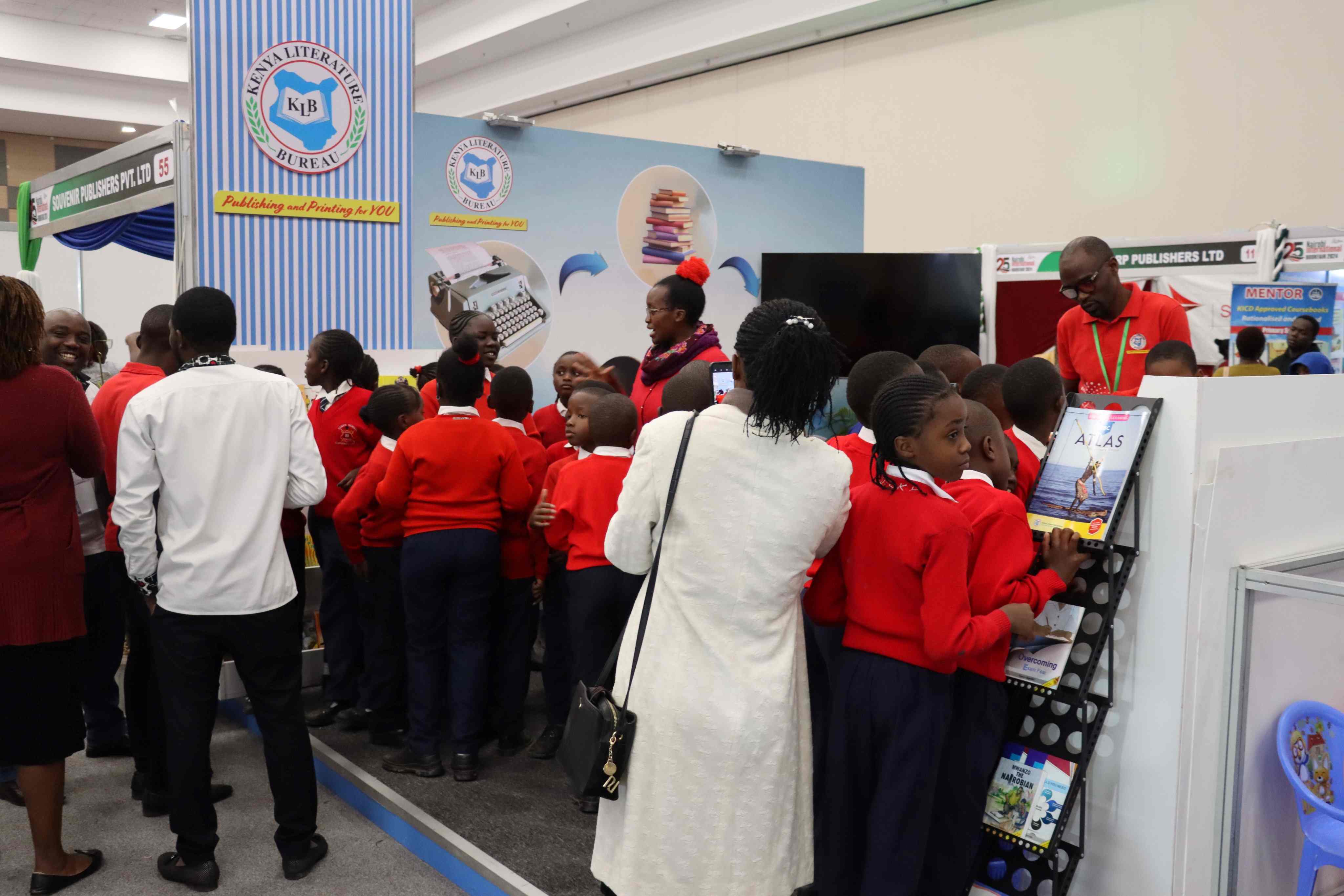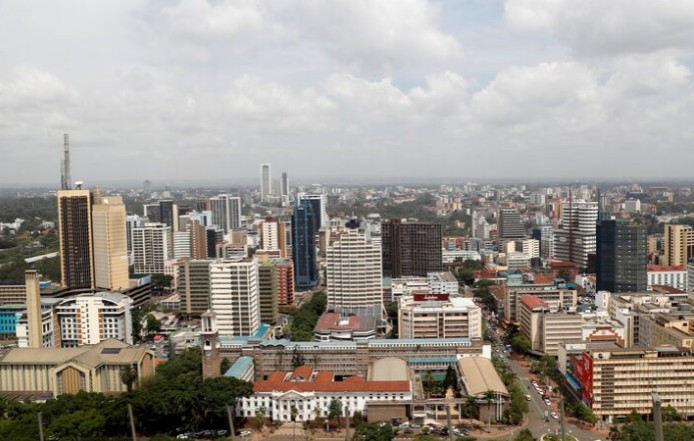Ruto demands clear mandate on Haiti, warns mission at risk without global backing
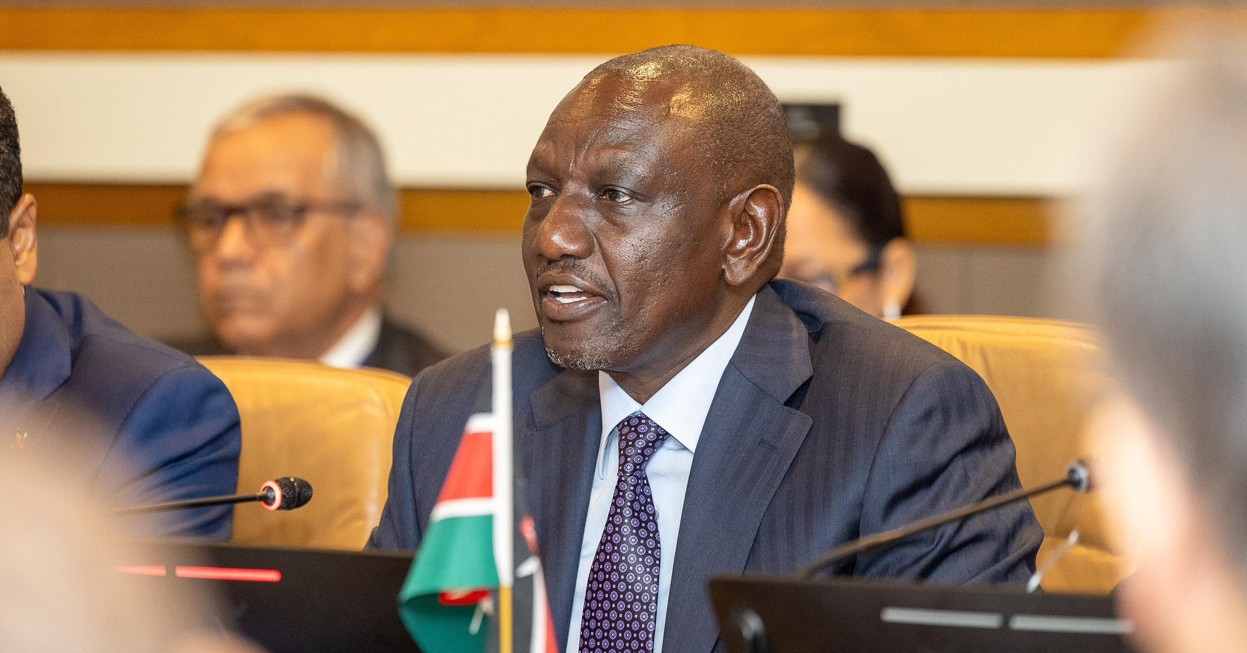
Speaking on the sidelines of the UN General Assembly, Ruto lamented the lack of international support for a mission that Nairobi had long been cautioned was both risky and underfunded.
President William Ruto has softened his once-unflinching stance on the Haiti deployment he previously championed.
Speaking on the sidelines of the UN General Assembly, he lamented the lack of international support for a mission that Nairobi had long been cautioned was both risky and underfunded.
More To Read
- President Ruto cites big wins in jobs, digital economy and housing in 3-year scorecard
- Ruto joins African push for UN Security Council reforms at General Assembly
- Trilateral meeting of AU, EU, UN reiterates support for multilateralism
- Kenya to press for urgent interventions in conflict-hit regions at UN General Assembly
- Kenya-led security mission’s possible end raises fears of surge in violence in Haiti
- Kenya seeks UN General Assembly support for beleaguered Haiti mission
"The international community's failure to support Haiti is unacceptable, indefensible, and simply wrong," he told delegates, stressing that the operation requires "a clear mandate, predictable resources, and sufficient logistics" rather than what he dismissed as "a game of guesswork."
Kenya’s Multinational Security Support (MSS) force, deployed last year to help restore order in Port-au-Prince, has managed to drive gangs from key areas and reopen schools and hospitals—successes Ruto highlighted as having been achieved with just 40 per cent capacity and without proper force multipliers.
"Even under these constraints, the gangs, cowards by nature, have retreated when confronted," he declared.
Donor fatigue
But donor fatigue is setting in, and efforts to transform the MSS into a UN-funded peacekeeping mission have already been blocked by Russia and China.
With the mandate due to expire in less than two weeks, Ruto appealed to the Security Council’s permanent members to ensure a "responsible transition that protects Haitians and secures the progress already made."
He added that Haitians "are part of our shared humanity, and deserve the same security and dignity as any other people."
For Nairobi, the stakes are high. Having lost police officers in the line of duty and invested significant political capital in leading the mission, Kenya now finds itself isolated—caught between lofty promises of global solidarity and the harsh realities of dwindling donor support.
Top Stories Today
